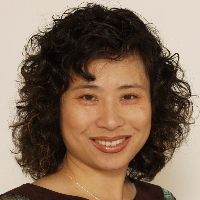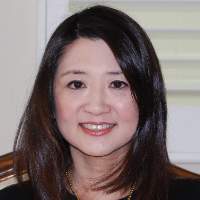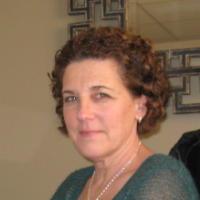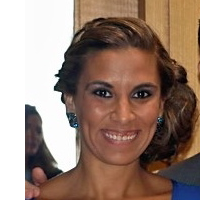I am an international student, how do I select the correct major?
It is not usually necessary to declare a major when entering most U.S. colleges and universities. This, of course, depends on the institution. At some colleges/universities, you may be asked to register into a particular “school” or department within the institution; at others, you will just apply with a general registration into the college/university. Students are usually asked to declare a major at the end of their sophomore (second) year of college, although at some schools, you may be required to make this decision at the end of your freshman (first) year.
During the year or two before you are required to decide upon a major, you will be taking a variety of courses, often to meet core or distribution requirements within your college. While taking these courses, students frequently discover an interest and decide to pursue an area of study which they had not previously considered. A student who originally indicated a desire to major in a particular subject may change his/her mind and decide to major in a totally different area. That is perfectly all right. The whole idea is to discover a pursuit that you can be excited about and to which you want to commit your intellectual energy. In most U.S. institutions, it is relatively easy to change from one major to another.
In Canada and Scotland the approach is rather similar. Students usually have time after entering university to make a final decision on a major. In many cases, however, the student will have registered into a specific school within an institution. Choosing a major within that department of the university is not complicated, but if a student decides to pursue a major in a totally different department of the university, changing to that department could, depending on the institution, be a bit more complicated.
In most institutions in England, to provide a completely different example, students apply directly into an area of concentration/major to which they are committed for the next three years. The overall study time is shorter because students have already chosen their “major” and are not required to take a range of core courses unrelated to that concentration. This is fine if a student is absolutely sure about what he/she wants to study but can be a problem if the student is unsure, as it is usually difficult to change from one major to another and often requires that the student drop out and begin the application process all over again to enter another course of study.
So, to get back to the original question: In ultimately selecting a major, whether that is done after you have been attending college for a few years or must be done before you enter, you will want to consider what you enjoy doing. What makes you feel excited when you are reading about it? What arouses your curiosity? What do you like to talk about? In which of your prior high school/university classes have you felt particularly engaged? What sets your mind in gear? Where do your academic strengths lie? What just seems “interesting” to you? After you have entered college/university, you may become aware of many directions which you had never considered, or of which you had never even heard before. Be open to new possibilities! Giving thought to the questions above can help you determine which possibilities will be right for you.


















